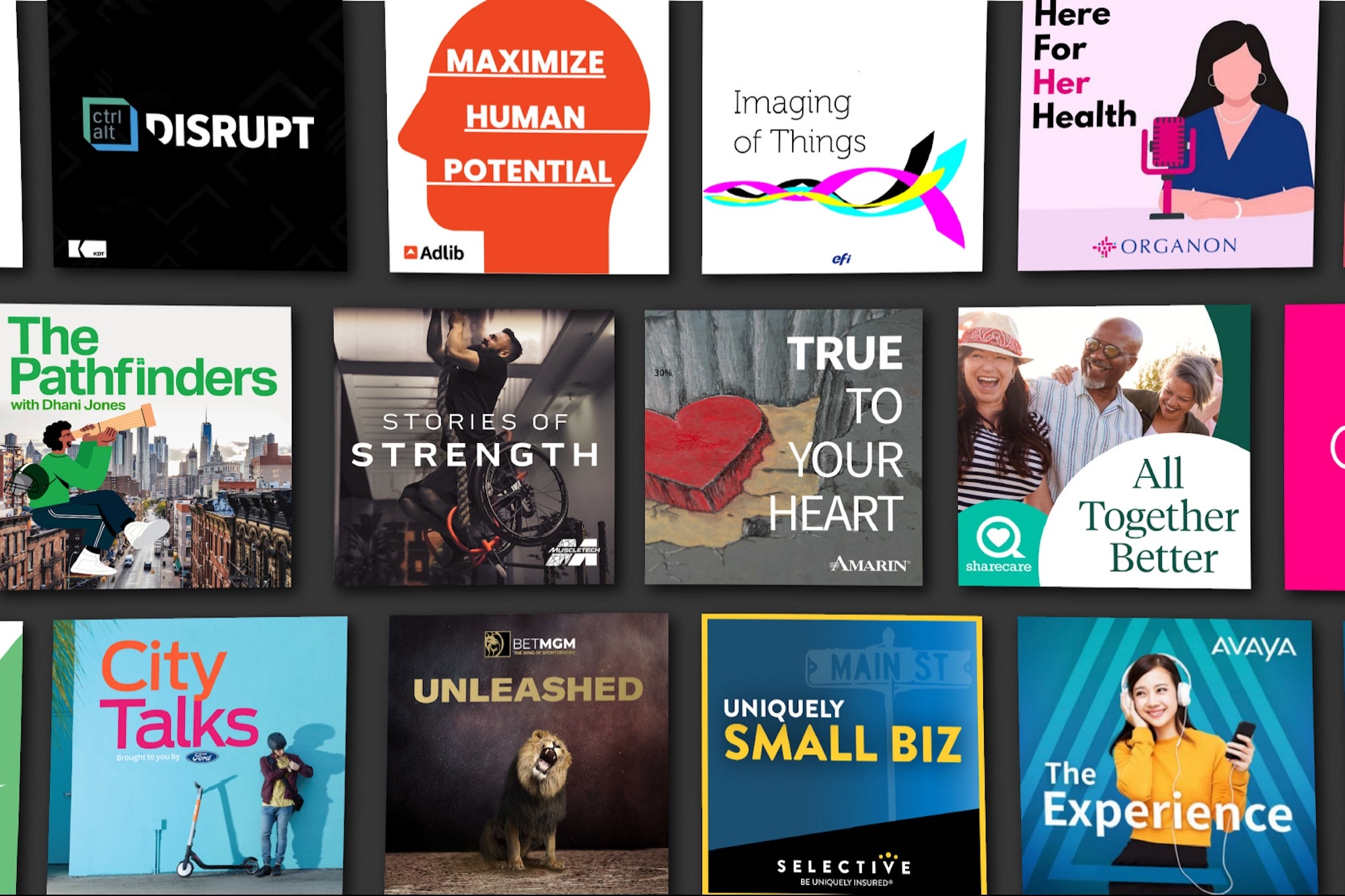Consumption of all types of kids-focused digital media has soared with a large portion of the world’s children home from school right now. At all times of day, children are playing games, watching shows and using edtech tools — often in a social context with friends online.
This only accelerates the normalization of virtual spaces as social hubs, and it makes protection of children’s data a more pressing concern for entertainment and communications platforms (like Zoom) that haven’t built a product specific to this demographic.
During last week’s TechCrunch Live session on the state of kids’ media, I had an engaging discussion with three industry leaders about how COVID-19 is impacting companies in the space and what long-term changes could result from it:
- Craig Donato, chief business officer of Roblox, the $4 billion gaming platform that counts the majority of U.S. kids age 9-12 among its active users.
- Nancy MacIntyre, co-founder and CEO of Fingerprint, the company behind Kidimo, a leading subscription video and gaming service for children.
- Dylan Collins, co-founder and CEO of SuperAwesome, the London-based creator of “kid-safe” adtech and privacy tools.
Below is the recording of our conversation as well as the full transcript (with minor edits for clarity):
TechCrunch: The COVID-19 crisis has put families all at home together and changed a lot for your businesses. I want to set context first by looking at the couple years leading up to this. What have been the two biggest changes in the kids’ media space from your perspectives?
Craig Donato: One huge shift that we’ve seen over the last five years is the evolution of games into social places — experiences where kids hang out with their friends, do things with them versus these narrow competitive environments. We really see Roblox as a medium of shared experience. That’s a pretty significant shift, and it’s really benefited platforms like Roblox, but also Minecraft and Fortnite.










